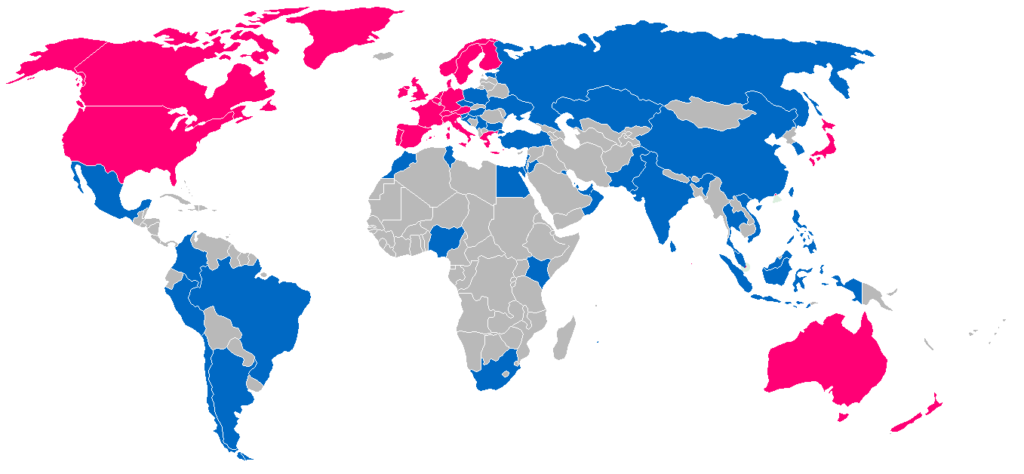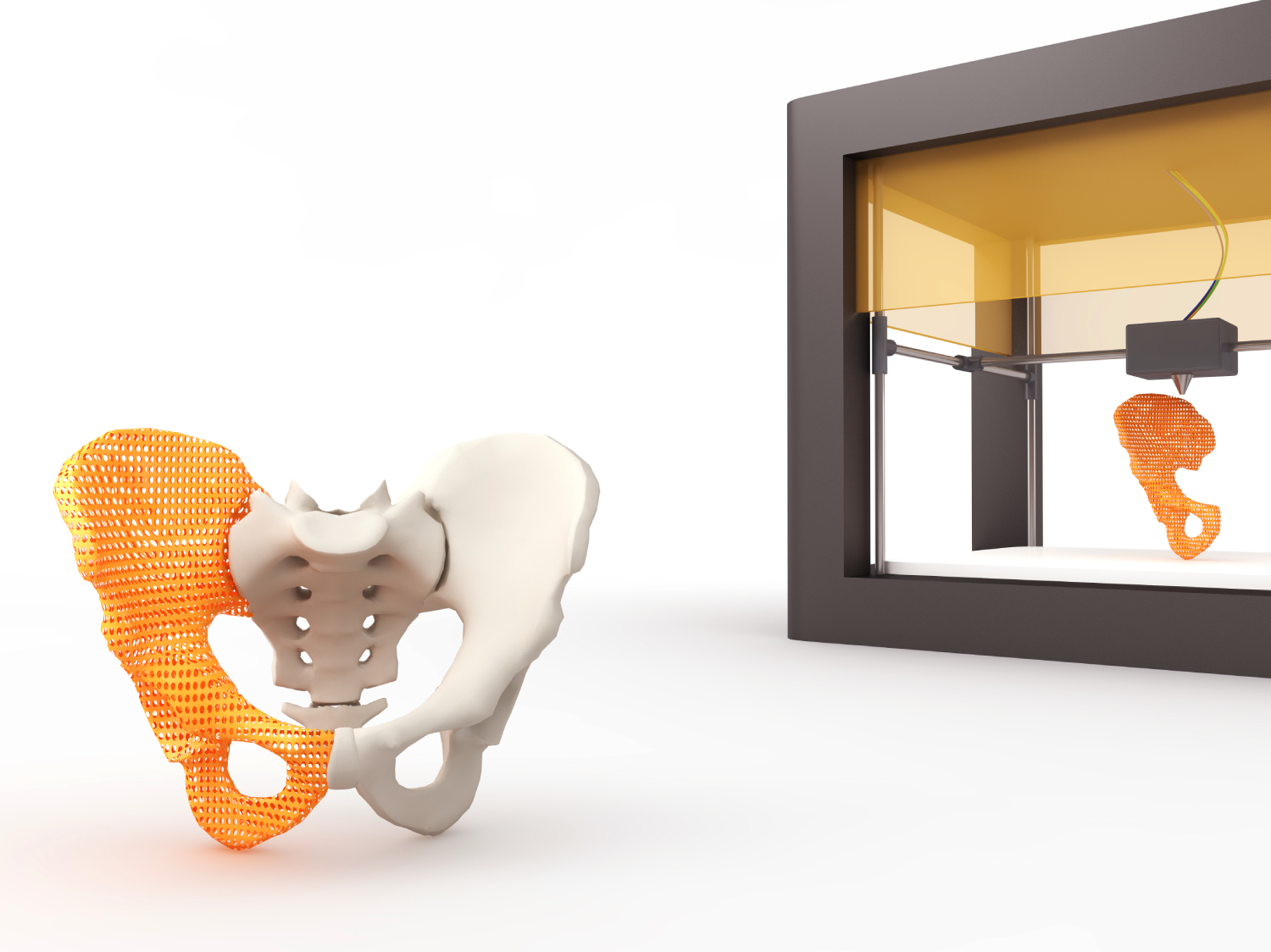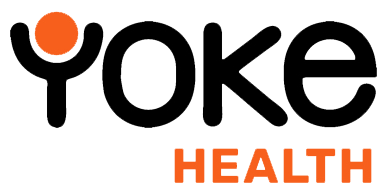Seven things set to define the future of healthcare
Posted in Digital Healthcare Insights
The world of healthcare spins rapidly. Most people in this industry have little time for a whitepaper as to what’s about to happen. So here’s what’s coming up – seven fast-fire predictions of what could be just around the corner.
1. Digital healthcare will experience rapid adoption in emerging market
The lower cost of development in these markets could also mean that they quickly catch up or even overtake developed markets.

“Emerging markets are the trailblazers in mHealth. Patients in these markets are much more likely to use mHealth applications or services than those in developed countries. Similarly, more emerging-market doctors offer mHealth services than colleagues in developed countries, and more payers cover these costs”.
– Emerging mHealth: Paths for growth – PwC Report
2. AI, machine learning and chatbot technologies
AI, machine learning and chatbot technologies will become mainstream for healthcare providers of all descriptions (from doctor’s surgeries to private counselling services).
3. Regulatory bodies around the world will play catch up with innovation
In the western world, the job of regulating healthcare tech lies with the Medicines and Healthcare products Regulatory Agency [MHRA] and the Information Commissioner’s Office (in relation to data use).
If these bodies don’t catch up to the challenge of regulating digital healthcare, fragmented data security and delays in device deployment are just the tip of an iceberg of issues.
4. Healthcare providers will be faced with extreme consumer criticism
Consumer data will be impacted by an increasing number of cyberattacks. In response, consumers will demand tougher precautions are taken.
“We are at the dawn of a ‘New Data Age’; to realise the benefits of exponential data growth, [but] we must be able to trust it”.
– Edward Cole, Chief Strategy Officer, Atlas City

5. The private healthcare industry will continue to consolidate
Tech giants, conglomerates and digital start-ups will continue to compete for the leading position in the marketplace.
6. Personalised healthcare will step it up a gear
The speed with which personalised healthcare progresses will be accelerated by genomics and 3D printing.
“If you can sequence your genome and understand your genes, then the drug, dose and formation that works exactly for you can be identified. This ensures you’re prescribed the right drug at the right time at the right dose”.
Imagine a future in which you get a personalised prescription that you can download, and the drug gets printed in a unique quantity, shape and dosage that’s tailored to your body.”
– Digital Health Futurist – Maneesh Juneja

7. Nano-tracking and targeting will continue to advance
But use of these technologies won’t go mainstream for another decade (at least) or two decades (more realistically).
This will include ingestible digital medicines, such as smart pills with sensors, which will monitor stomach acid and body temperature, and communicate with patients and healthcare professionals if action should be taken.
“Wearable, ingestible and digestible sensors stand to provide access to real-time, high-fidelity data on individuals, helping anyone understand their health.
Even more importantly, this understanding has been shown to fuel behavioural change”.
– Dr Bertalan Meskó, director of The Medical Futurist Institute

Monthly Archives
- July 2023
- July 2020
- June 2020
- May 2020
- April 2020
- March 2020
- February 2020
- January 2020
- December 2019
- October 2019
- September 2019
- August 2019
- July 2019

